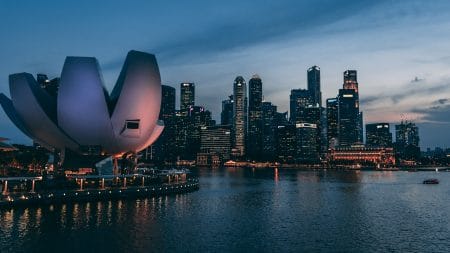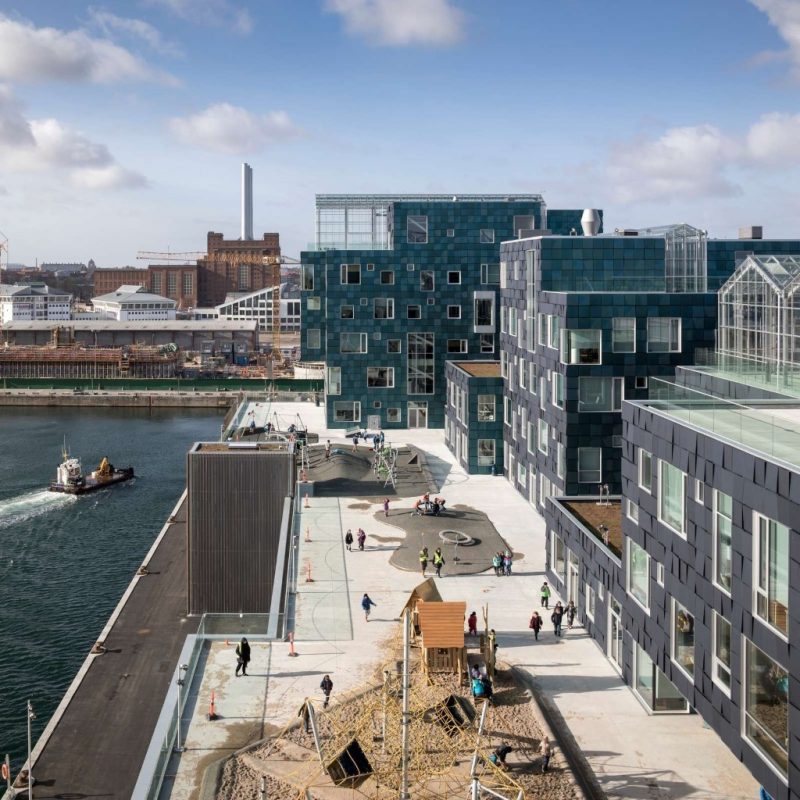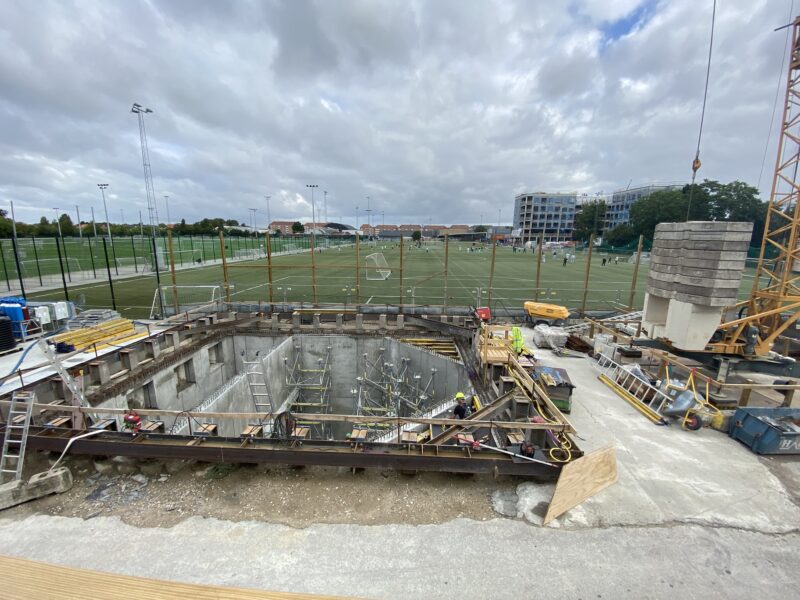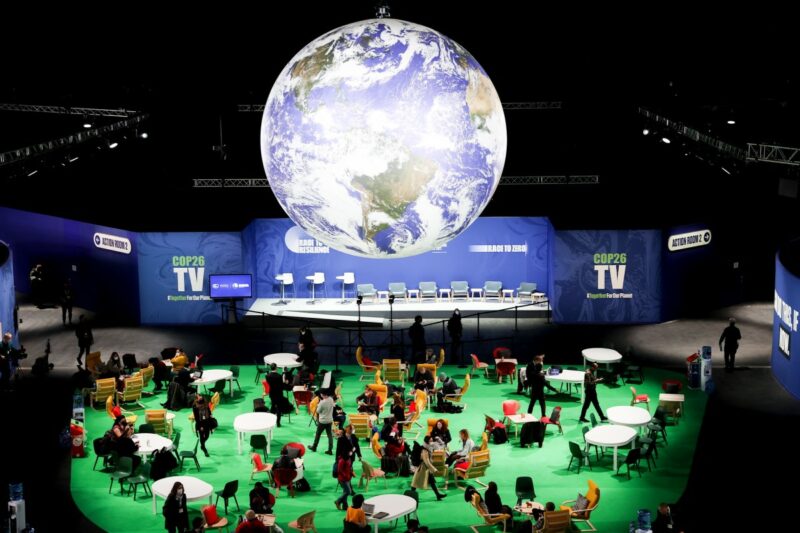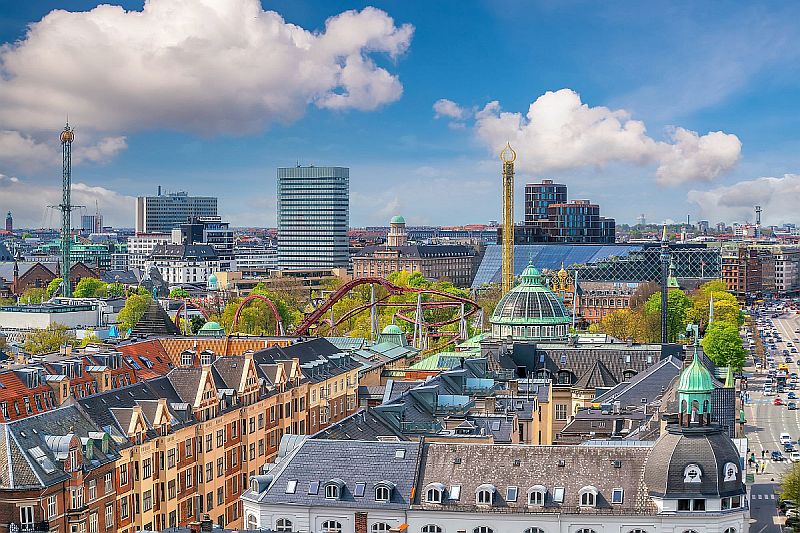News
Buildings
Climate change adaptation
Singapore and Denmark, a natural partnership in green city development
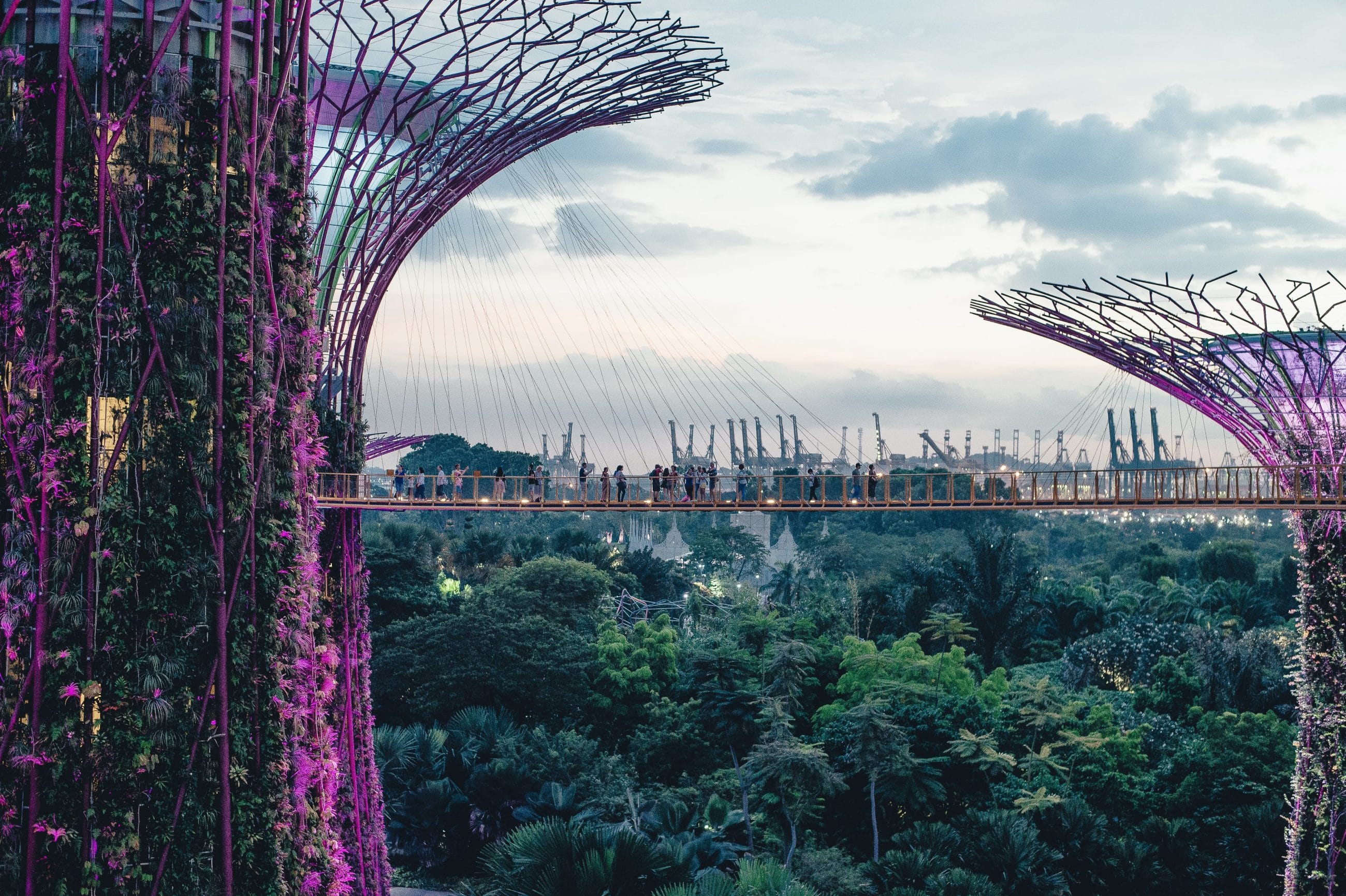

Nicknamed ‘the City in a Garden’, Singapore is known to be Asia’s greenest metropolis. Bundled up with Denmark’s two biggest cities, Aarhus, and Copenhagen, the three have harvested praises for their aspirations to drive urban liveability and develop sustainable solutions for the cities of tomorrow. As part of the Access Cities programme, innovators have since 2018 stepped up the collaboration to ensure that a greater share of small enterprises and early innovators can make the 10.000-kilometre journey.
The public-private project, Access Cities, aims to strengthen sustainable urban development in five project cities, namely Singapore, Münich, New York, Aarhus and Copenhagen. In Singapore, the notion is that increased exchange of innovators and technologies can lead to tremendous progress both within and outside the urban areas:
“As a supporting partner of the Access Cities project, the Danish Embassy in Singapore has experienced first-hand, the value of connecting Danish sustainable solution providers with key challenge owners in Singapore. The project has also demonstrated that Denmark and Singapore share green ambitions and goals for sustainable urban development – from vertical indoor farming to advanced water treatment to smart city solutions and even maritime decarbonisation,” says Ambassador of Denmark to Singapore, Sandra Jensen Landi.
One way the programme has contributed to the tie-up is as operational partner in a five-year environmental collaboration agreement signed between the two countries in 2020. In line with the nature of Access Cities, the agreement paves the way for Danish and Singaporean companies to get direct access to tech-exchange and new partnerships with leading players within water, waste management, soil quality and climate adaptation.
Related news: Denmark and Singapore Strengthen Environmental Relations
Playing grounds to test innovations and adapt new technologies
While neither Singapore nor Denmark’s size grant positions as big export markets, the two share another key attribute in being attractive playing grounds to pilot and test new solutions in real-life settings. As test-bed countries, each hold the prerequisite for growth and green transition, which both Singaporean and Danish participants have benefitted from. One is Singapore’s land-based aquaculture company Apollo Aquaculture Group, and CPG Corporation Pte Ltd who is a long-term player of Singapore’s urban landscape development:
"We had the opportunity to raise our understanding in UV application in aquaculture from a Danish company with advanced UV technologies under the Access Cities Programme. High-intensity land-based urban aquaculture faces various challenges, such as denitrification and wastewater treatment, which are potential areas for valuable collaboration with technology providers from Denmark," says Lucky Phua, Deputy CEO, Apollo Aquaculture Group
“Through Access Cities' programmes, we are pleased to connect with innovative companies from Denmark that share similar values. Together, we discuss various urban issues such as indoor air quality, energy efficiency, and decarbonisation. We believe that the innovative urban solutions validated in Singapore will not only meet our own needs but, more crucially, be relevant for the rapidly urbanising Asia region," says Tan Shao Yen, Group Chief Innovation Officer, CPG Corporation Pte Ltd
In general, a wide range of companies used the opportunity to identify new technologies and business partners. From Denmark, LED iBond participated in piloting its lighting system for vertical farms while Amplex, who provides solutions for utilities and distribution companies to manage resources and minimize consumption, is engaged with a key player to develop a proposal for a sustainability focused project. Architects from ADEPT also used the opportunity to identify potential partners, which resulted in exploration of collaboration and opportunities with leading Asian developers.
According to the lead project partner in Singapore, Quercus Group, a Danish-Singaporean sustainability advisory firm, the increased exposure of Denmark’s sustainable design thinking and innovation approach has left a long-lasting impact amongst Singaporean players:
“Through the numerous interactions and engagements we facilitated between the players from both Singapore and Denmark, we have seen both sides gaining something new from each other, where some of these interactions have led to concrete business and development opportunities ahead. The refreshing new ideas and solutions from the Danish players, interwoven with innovative sustainable design-thinking and anthropological approach have often left deep positive impressions with the Singaporean counterparts and sparked excitement, while the Danish players were inspired and motivated by the grand vision and ambition the Singaporeans have. And this is the perfect way to start a win-win partnership,” says Nicolai Sederberg Rottbøll, Founder and CEO of Quercus Group.
Related news: New export initiative brings together international cities within sustainable urban development
About Access Cities
Access Cities is an international, public-private project, which aims to strengthen sustainable urban development in five project cities: New York City, Singapore, Munich and the Danish cities of Copenhagen and Aarhus. The project connects actors working with sustainable urban development in the pursuit of game-changing solutions to common issues confronting cities. Access Cities will develop innovative, viable and scalable responses to the most pressing sustainability challenges faced by global city hubs today and tomorrow – in collaboration and via the exchange of documented learnings within the sustainability space.
Access Cities is funded by the Danish Industry Foundation and co-financed by the project partners State of Green, the Confederation of Danish Industry, Quercus Group, Climate-KIC, the City of Copenhagen and the City of Aarhus. Visit the Access Cities website here.
You should consider reading
solutions
Climate change adaptation
+4
WATER CONSERVATION IN AFRICA
4 November 2024events
Urban planning and development
+7
